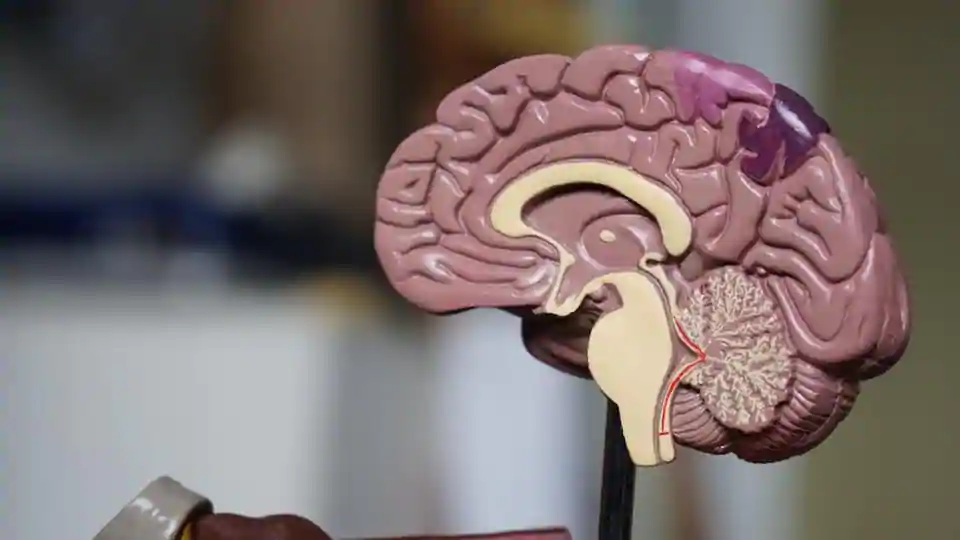Who said reactive oxygen molecules, commonly known as “free radicals”, are always harmful? A recent research suggests that the free radicals are not fundamentally bad for the brain, in fact, they are most likely important for the brain to remain adaptable throughout life and to age in a healthy way — at least in mice. Researchers from the German Center for Neurodegenerative Diseases (DZNE) and the Center for Regenerative Therapies Dresden (CRTD) at TU Dresden published the findings in the journal, Cell Stem Cell, recently.
The researchers focused on the “hippocampus”, a brain area that is regarded as the control centre for learning and memory. New nerve cells are created lifelong, even in adulthood. “This so-called adult neurogenesis helps the brain to adapt and change throughout life. It happens not only in mice but also in humans,” explains Prof. Gerd Kempermann, speaker of the DZNE’s Dresden site and research group leader at the CRTD.
A trigger for…
